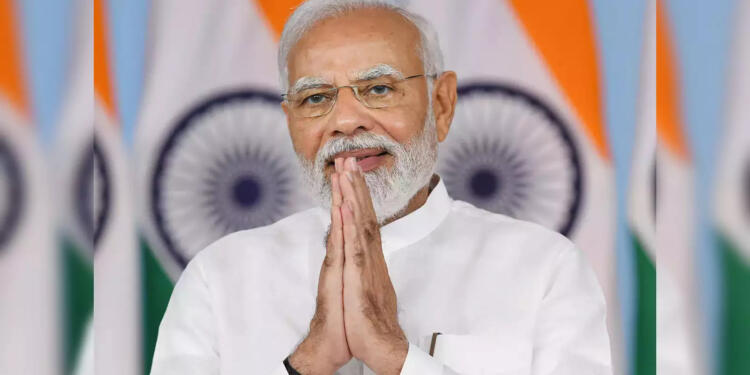Setting aside all speculations of political analysts that the Narendra Modi 3.0 government would not take any bold policy decisions as it runs on borrowed political support from JD(U) and TDP, it proved all of them wrong by approving simultaneous elections across India.
Many believed that Modi would put policy decisions such as this on the back burner as doing so may lead instability for his government.
However, the Prime Minister made it clear to the nation that he would not budge from his stated position on the issue even if it makes someone in the coalition uncomfortable.
Union Home Minister Amit Shah had also reiterated the government’s commitment on the issue a few days ago, saying that ‘one nation, one election’ would be a reality during the current term of the government.
Today, the union cabinet approved the proposal for simultaneous elections across the country, aligning polls for both the Lok Sabha and state Assemblies.
Union minister Ashwini Vaishnaw made the announced in this regard after the decision was taken by the union cabinet.
The move follows months of deliberation and comes after a high-level committee, chaired by former President Ram Nath Kovind, submitted its report on the ‘one nation, one election’ plan.
The report lays out a comprehensive roadmap for the implementation of the new election plan.
It had recommended conducting concurrent elections for the Lok Sabha and state Assemblies as the first phase, to be followed by synchronized local body polls within a 100-day period.
The proposal aims to streamline India’s electoral process by reducing the frequency of elections.
Prime Minister Narendra Modi has been a strong proponent of the ‘one nation, one election’ initiative.




















